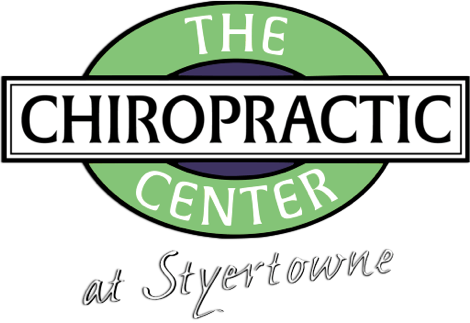Neck Pain
What are the symptoms of neck pain?
Neck pain can occur anywhere from the top of your shoulders to the bottom of your head. It typically occurs in individuals between the ages of 18-64, and is more commonly reported by females than males. Symptoms may include:
Soreness or tenderness in a general area
Sharp or stabbing pain in one spot
Muscle spasm
Stiffness
Pain that radiates down into the shoulders, arms, or fingers, or up into the head
Numbness or weakness in the arm or leg
Swelling
Skin redness
Headache
Nausea
Swollen glands in the neck
Is Your Head on Straight?
Imagine you're carrying a bowling ball. But instead of carrying it closely at your side you hold it just a few inches from your body. You would get tired very quickly! It's the same with your head. If it is off-center or shifted forward (Forward Head Posture or commonly called Text Neck) you will start to suffer from fatigue as well as stress and pain involving your neck, shoulders, lower back, discs, hips, arms, knees and feet.
Nerve Problems
Your cervical spine nerves exit from small openings between your vertebrae. These nerves can become irritated, inflamed, compressed or "pinched" if your structural system is even slightly distorted or out of its proper position. That can cause head, neck, face, shoulder, elbow, arm, wrist hand and finger pain; numbness; pins and needles; increased sensitivity or other symptoms. The most common cause of nerve, blood vessel and spinal cord pressure is a condition chiropractors call a subluxation, where your vertebrae are slightly out of position and your nerves are irritated
Causes of Subluxations
There are many ways we can get a subluxation: a fall (even as far back as childhood), an accident, working in one position for a long period of time, poor posture and emotional stress.
Whiplash injury is a common cause of neck subluxations. Whiplash and neck injury sufferers may complain of headaches; vision problems, dizziness, ringing in the ears; decreased attention span; learning and memory impairments; emotional changes; nasal, tongue and throat problems. Chiropractic care realigns the vertebrae and removes stress from the nerves. Many people suffering from neck problems, including whiplash, have found chiropractic to be a blessing. As one major medical journal reports: "Whiplash injuries are common. Chiropractic is the only proven effective treatment in chronic cases."
The most serious neck injuries - fracture, dislocation or severe tissue damage - can be fatal if not given emergency medical care. Most other neck problems however, are not life-threatening, and can impair your health if not corrected.
Disc Damage & Osteoarthritis
If your spine is unhealthy, you may lose your normal neck curve and suffer from pain, nerve irritation and disc degeneration. Although many doctors tell their patients that this is due to age, disc degeneration can be found in young children while some older adults are relatively free of it. One of the most common causes of disc degeneration is years of uncorrected subluxations.
Over time uncorrected subluxation degeneration causes arthritic changes in the vertebrae such as lipping or spurring (bony growths), disc thinning and deterioration.
The Orthodox Medical Approach
The standard medical approach to neck pain is often painkillers, muscle relaxers and/or tranquilizers. If the pain doesn't subside, cortizone or other injections may be administered. Is some cases physical therapy, neck pillows, collars or traction may be prescribed. Interestingly enough, these constitute as a tacit endorsement of the chiropractic approach of releasing pressure on the nerves, joints and openings through which the nerves travel.
Sometimes surgery is needed especially in serious trauma or severe disc herniation. In many cases however, chiropractic techniques have saved people from neck or disc surgery. There is even recent evidence that chiropractic care can reverse osteoarthritis - something previously considered impossible.
Surgery should only be considered "as a last resort." Severe torticollis (wry neck); Erb's Palsy; vision problems; hearing problems; and ear, nose and throat infections have all responded to neck adjustments (even in infancy).
The Role of the Chiropractor
Chiropractic care corrects a form of stress known as the subluxation. This restores proper movement to your structural system, permitting greater energy, information and nutrients to flow over your nerves and tissues and throughout your body. When corrected, your entire body begins to re-balance. That is why, for example, people with lower back problems, after receiving a neck adjustment from their chiropractor often find that their low back pain not only starts feeling better (as well as many other problems) but they have more energy as well!
Just as a periodic dental checkup is necessary to keep your teeth healthy, a chiropractic checkup is necessary to ensure a nervous system that is free from nerve stress permitting you to experience greater healing and well-being. No matter what disease or condition you have, you can benefit from a healthy spine and structural system.

